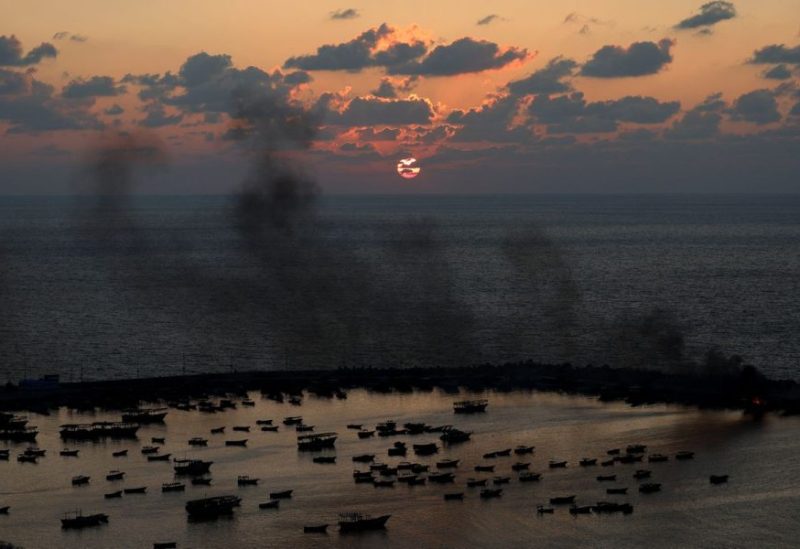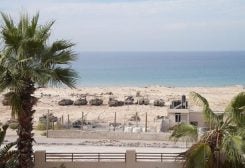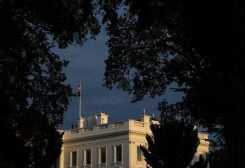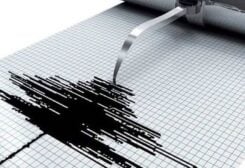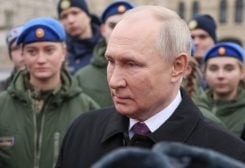“Only yesterday I understood what my grandpa, may he rest in peace, told me about 1948 and the Nakba. When I used to hear the stories about it, I didn’t understand,” she said via videocall from a home in Gaza where she and others were seeking refuge from bombardment after the surprise Hamas attack on Israel.
“I’m 22 years old – and yesterday I understood the Nakba completely.”
More than seven decades after the Nakba, Palestinians still lament the calamity that resulted in their displacement and blocked their dreams of statehood.
In the war surrounding Israel’s founding, some 700,000 Palestinians, half the Arab population of what was British-ruled Palestine, fled or were driven from their homes, and have been denied return. Many ended up in Jordan, Lebanon and Syria as well as in Gaza, the West Bank and East Jerusalem.
Israel has already tightened its blockade of Gaza, fully banning food and fuel imports and cutting the electricity supply. Israeli Defence Minister Yoav Gallant warned that the price Gaza would pay “will change reality for generations”.
Radwan Abu al-Kass, a boxing instructor and father of three boys, said his five-storey house in the al-Rimal district had been destroyed in bombardment on Monday night.
“We’d never imagine our house could become a mountain of rubble. That’s all it is now,” he told Reuters by phone.
Al-Kass and his children were now seeking refuge at a friend’s home a few kilometres away, but feared that heavier bombardment was to come.
“This is our 1948. It’s the same thing. It’s another Nakba.”



